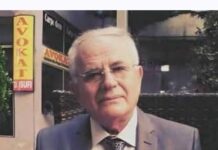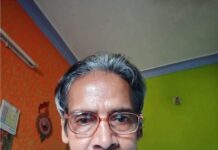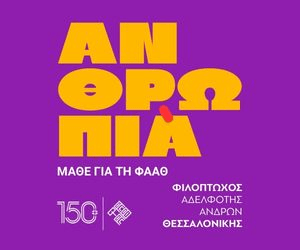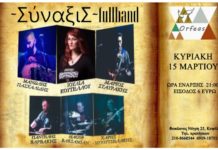Σας παρουσιάζουμε τον Dustin Pickerin USA
Επιμέλεια συνέντευξης: Εύα Πετροπούλου Λιανού
BIOGRAPHY: Dustin Pickering is founder of Transcendent Zero Press. He has contributed writing to Huffington Post, Café Dissensus Everyday, The Statesman (India), Journal of Liberty and International Affairs, The Colorado Review, World Literature Today, and several other publications. He placed in the top 100 out of 12,500 entries for the erbacce prize in 2021, and was a finalist in Adelaide Literary Journal’s first short fiction contest. He was longlisted for the Rahim Karim World Prize in 2022 and given the honor of Knight of World Peace by the World Peace Institute that same year. He hosts the popular interview series World Inkers Network on Youtube.
Editor-in-Chief of Harbinger Asylum and founder of Transcendent Zero Press, www.transcendentzeropress.org.
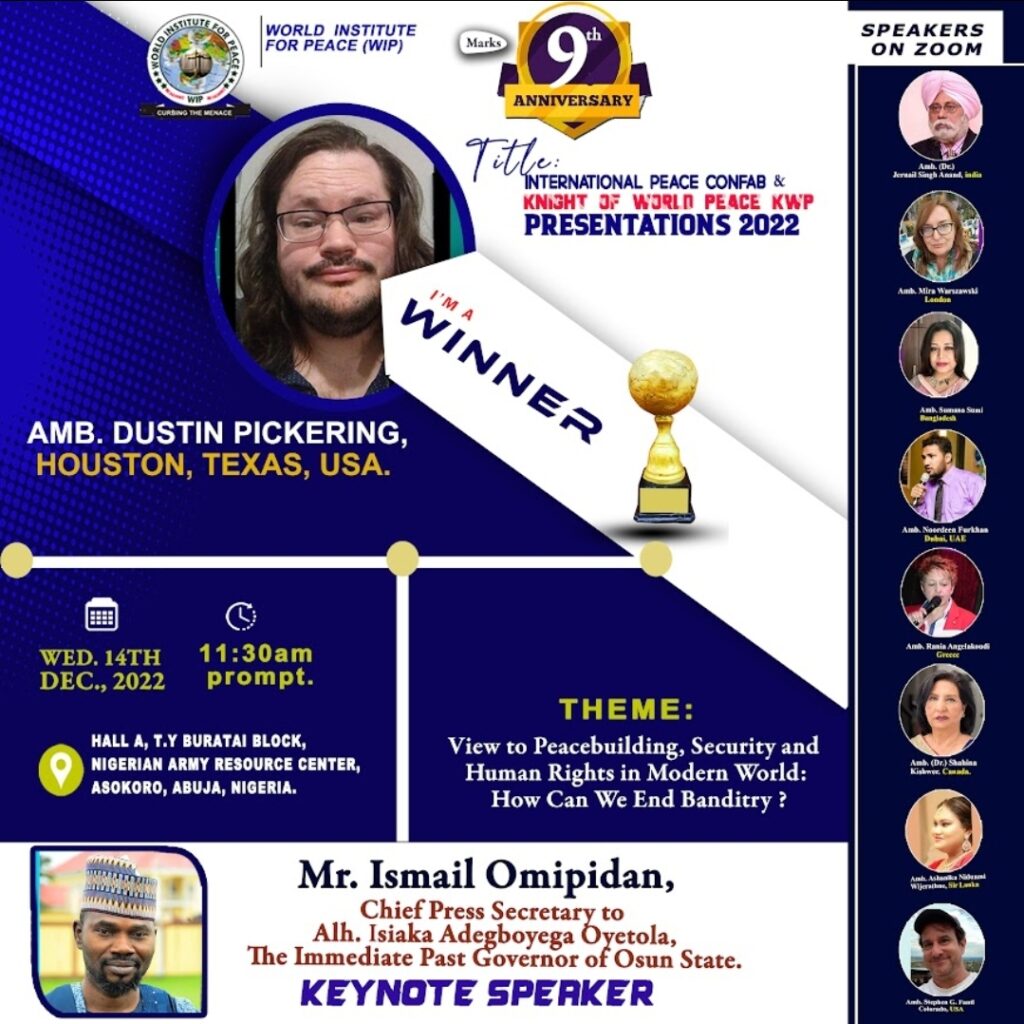
Please share your thoughts about the future of literature. I will share my response to a similar question asked by Humanity Magazine. “I suspect the literature that stands from this age will be more diverse in character, extremely critical of history and our institutions, and may even at its best suggest paths forward. I see the criticism being more broad than say, Dickens, because our institutions are on the verge of collapse. We are experiencing a lot as a global community and the elitist powers are shifting. Literature is for the hurting souls and we are all hurting now and could use literature– even if the influence is indirect. Our greatest literature imaginatively explores the depth of corruption and its pervasive influence on social frames. I believe the arts generally will move more toward more formalism and inquiry of consciousness and its possible origins.”
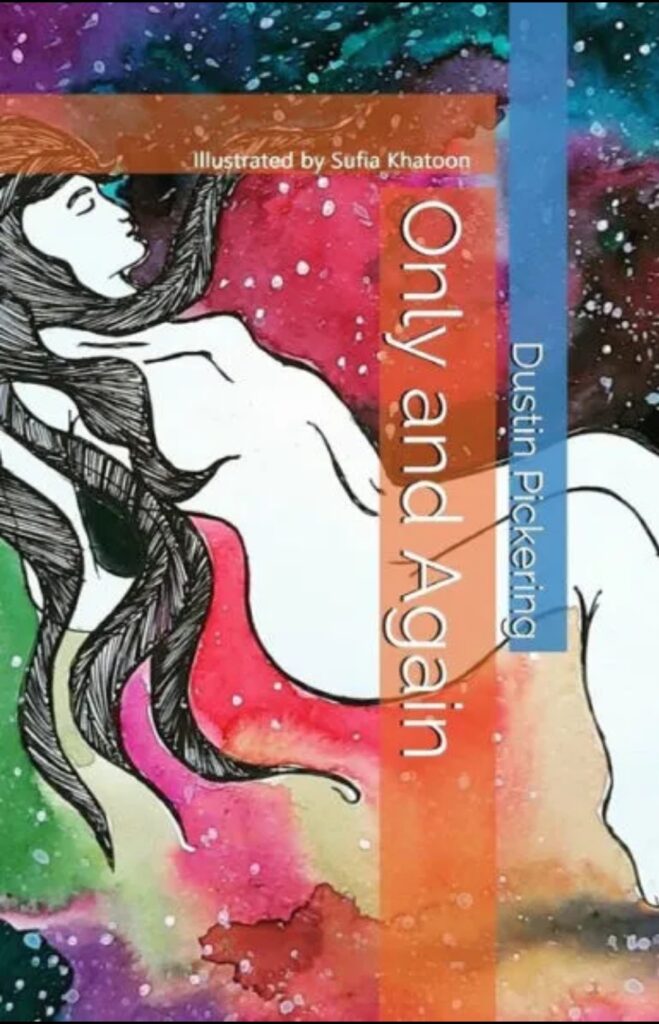
When did you start writing? I started writing at a young age, about six years old.
The Good and the Bad. Who is winning in nowadays? I see Rupi Kaur and Bukowski running defense for poetry while religious and spiritual poetry seems unpopular especially if themed traditionally. Formal poetry does not seem popular but I hope the literary world will open its best minds to poetry with purpose and orientation soon. Lots of social justice and identity politics in the United States where the general spirit of poetry is progressive. I found a home in the poetry world of India with Hawakal Publishers—their authors have a way of uniting elements of poetry I appreciate. There is social justice, but not a sense of victimhood. I feel the political decline in the USA, by this I mean the ruins and confusions, has led to what Eliot called “a whimper”—“not with a bang but a whimper”—in poetry as well as social life. Who is winning? I hate to think of poetry as a competition, but only time will reveal what is lasting. In my personal opinion, the best poets today are writing from India. Some of the strongest prophetic voices are combining spirituality with social duty, outrage and jurisprudence in emotion. I can name a few contemporaries I admire personally and a few ‘whys’: Nivedita Dey (I recently wrote a review for her first book), Priyanka Banerjee (she’s new and her voice is strong), Usha Akella (highly innovative in prose and poetry), Sayani Mukherjee (recently read her collection and was invigorated), Jagari Mukherjee who was just shortlisted for the Tagore Prize (her poetry is full of vibrancy and thought); Kiriti Sengupta’s latest collection Water Has Many Colors is enigmatic and genuinely rich, Subhrasankar Das is experimental and intriguing, and I believe Troy Camplin is writing on topics that are not typical from an erudition that is also not typical.
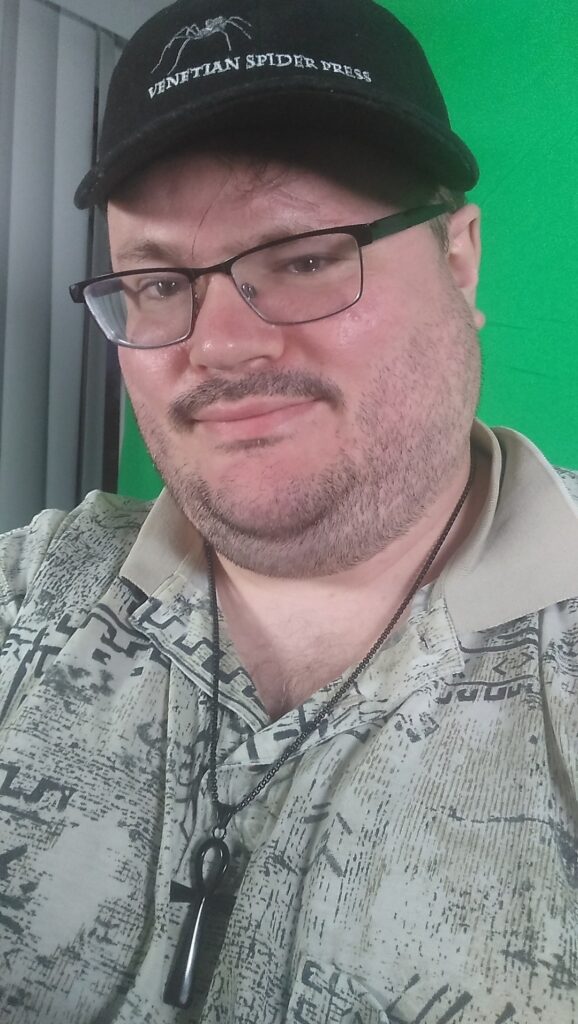
I would like to see a poetry that disciplines the imagination—that is, a language that is not so in love with language. A few additional poets I believe in: Melissa Chappell (for her struggle with place and personal I), Z.M Wise, Dory Williams, and Joe Kidd. One question I have lately regarding writing is why is writing the most socially critical art form, the most powerful and poignant necessity for social change, yet it is also not popular? The prophet Jeremiah was thrown in a well for his words—so if you are writing from the standpoint of social conscience, be brave, be well, and keep the works flowing. This art has a distinct purpose outlined for it.
How many books have you written And where can we find your books? You can find my books on the usual online portals, Amazon and so forth. I’ve published perhaps a dozen books, including a fairy tale and novella.
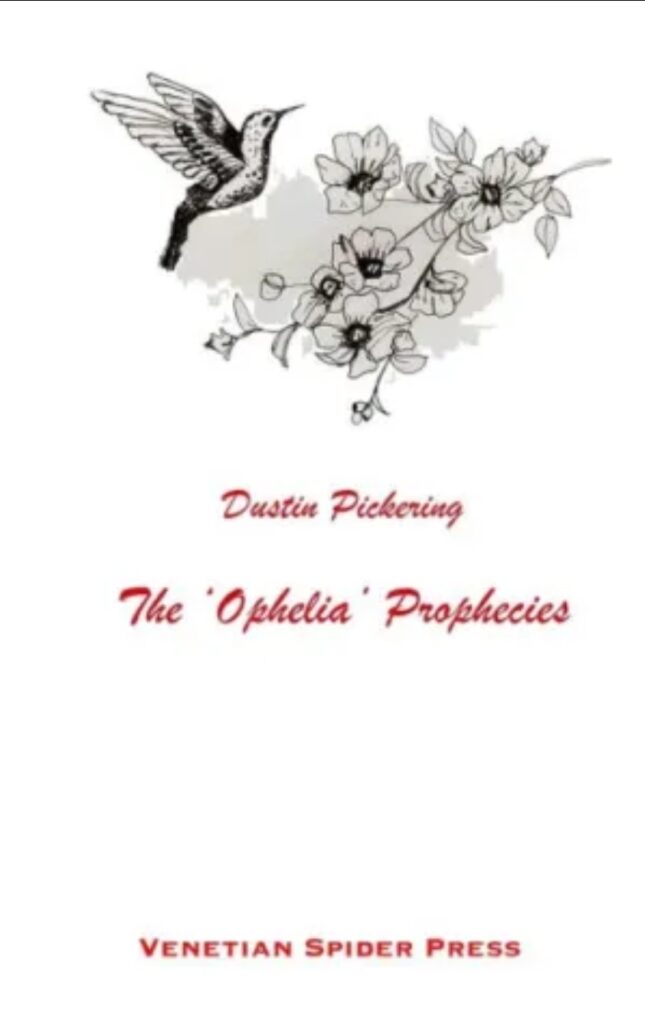
The book. E book or Hardcover book What will be the future? I enjoy physical books. I think ebooks are good for offering cheaper alternatives and easier distribution, but most readers appreciate physical books in my opinion.
A wish for 2023. A phrase from your book. I hope to be better disciplined and help World Inkers Network to start prospering more financially.
From my work in progress, The Nothing Epistle: “Just remind me that poetry is anchored in flesh and delusions of power.”







